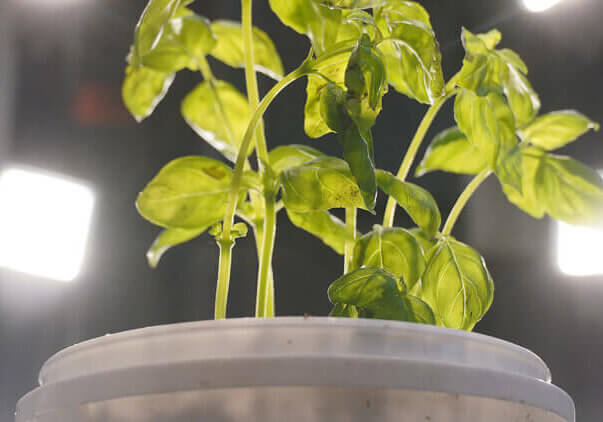I
n the annual report recording nationwide grain dust bin explosions, seven incidents were reported in 2021, down from eight in 2020.
Kingsly Ambrose, Purdue University associate professor of agricultural and biological engineering and author of the report, said that despite the decrease in explosions from the previous year, one fatality and five injuries were reported. The 10-year average for explosions stands at 8.0, down from 8.1 in 2020.
The explosions occurred in one feed mill, one ethanol plant, one grain mill and four grain elevators. The probable ignition sources were identified as one case of a fire, two incidences of smoldering grain, while four cases were from unknown sources. Fuel sources for the explosions were identified as grain dust in five cases, and the remaining two cases were unknown.
The dust explosions occurred in six different states, Ambrose said, with two occurring in Minnesota, one in Georgia, one in Idaho, one in Indiana, one in Iowa and one in Oregon.
“Grain dust acts as a fuel for these explosions, and all it takes is a small spark for ignition to occur,” Ambrose said. “Controlling grain dust can significantly reduce the possibility and severity of explosions. Simple and effective housekeeping is the first line of defense.”
Ambrose said keeping good maintenance of equipment to ensure proper working order and properly training workers are measures to help eliminate grain dust explosions.
Writer: Jillian Ellison, 765-494-0948, ellison1@purdue.edu
Source: Kingsly Ambrose, 765-494-6599, rambrose@purdue.edu
Professor seeks to build academic bridges between scientists
With over 30 years spent at Purdue University, Thomas Hertel, distinguished professor of agricultural economics, has many professional milestones that timestamp his career. The most recent one is the announcement that he has received the Humboldt Research Award by the Alexander von Humboldt Foundation in honor of his career dedicated to researching the global impacts of trade, climate and environmental policies. The award will enable Hertel to spend six months conducting research in Potsdam, Germany.
Read Full Story >>>

